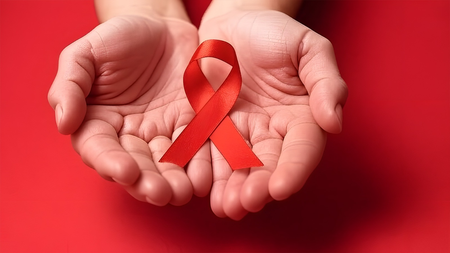Canberra, 15 September (IANS). Australia’s 2024 Sexual Health Report has recorded a decrease in human immunodeficiency virus (HIV) cases, but with this there has been a dangerous increase in general sexually transmitted diseases (STIs).
According to “2024 sexual health check-up” of Australia released on Monday by Kirby Institute at the University of New South Wales, there has been more increase in the cases of syphilis and gonorrhea (gonorrhea) in the last decade. In the year 2024, 5,866 cases of syphilis and 44,210 cases of Gonoria were registered.
The National Monitoring Report, released at the Australian HIV and AIDS conference held in Adelaide, said that sexual health checkup has serious flaws and has increased rapidly in the cases of syphilis and gonorrhea in the last decade.
There has been a four -fold increase in syphilis cases among women, which has also increased the risk of congenital syphilis. Since 2015, there have been double increase in such cases and 34 infants have died, in which the tribal community has been the most affected.
Australia Chief Medical Officer Michael Kid said, “By raising awareness among Australian citizens and health workers, we can ensure that more people can investigate and treat syphilis, so that its spread can be prevented.”
According to the report, chlamydia is still the most common sexual disease in Australia. In 2024, 1,01,742 cases were registered, mostly people aged 20 to 29 years. Although STIs are growing rapidly, only 16 percent of Australian citizens between the ages of 16 to 49 have been investigated by STIs.
HIV cases have declined by 27 percent in the last decade and 757 cases were registered in 2024. However, it has seen a slight increase in recent years, which outlines the need to maintain the target of virtual abolition of HIV by 2030.
The report also revealed that there were about one-third of HIV cases in 2024, which were delayed late. This means that the patients were living with HIV for at least four years without knowledge. Experts stated that there is an immediate requirement of more accessible investigation, including self-testing.
HIV is a sexual disease, which can be converted into AIDS if not treated. Other STI diseases can increase the risk of HIV infection, as they can cause wounds or subtle cracks on the skin, which increases the chances of spreading the virus.
-IANS
DSC/
















